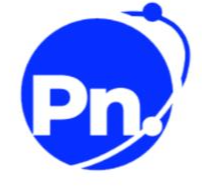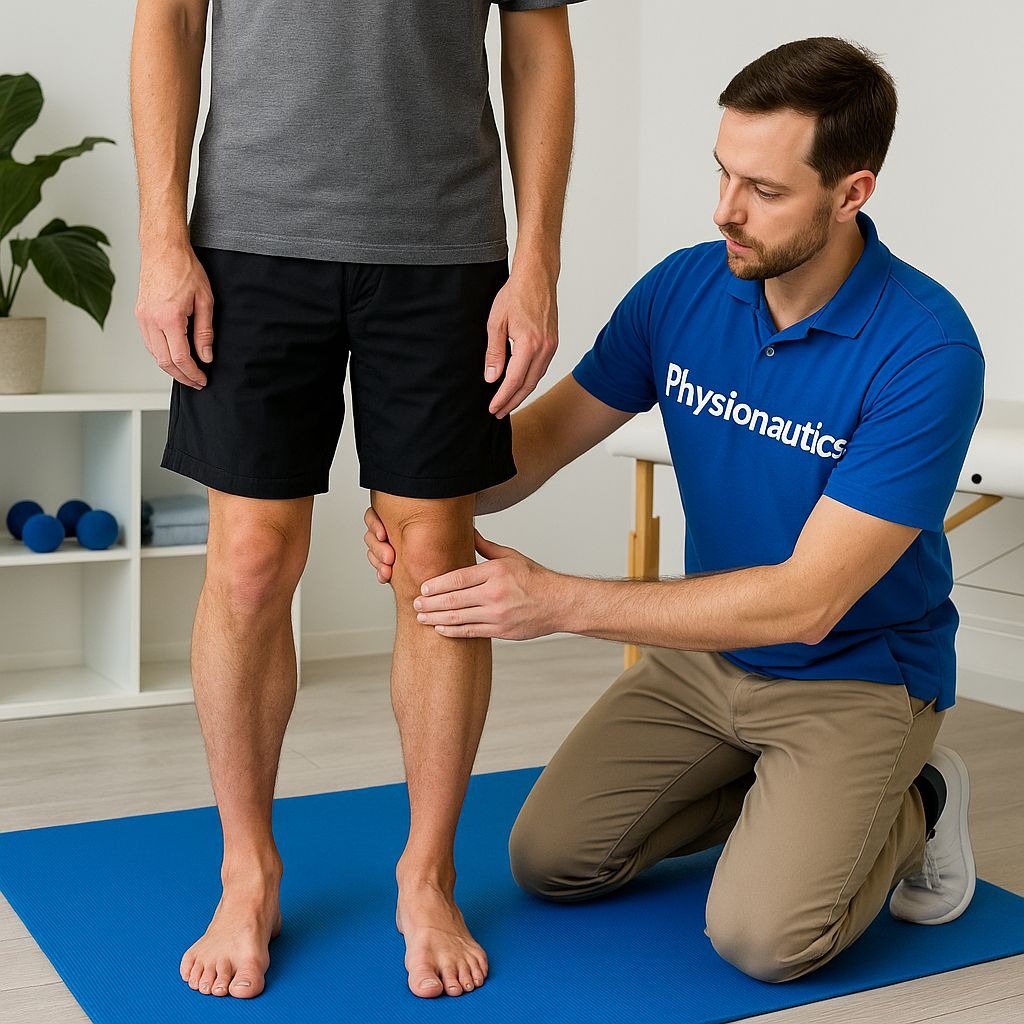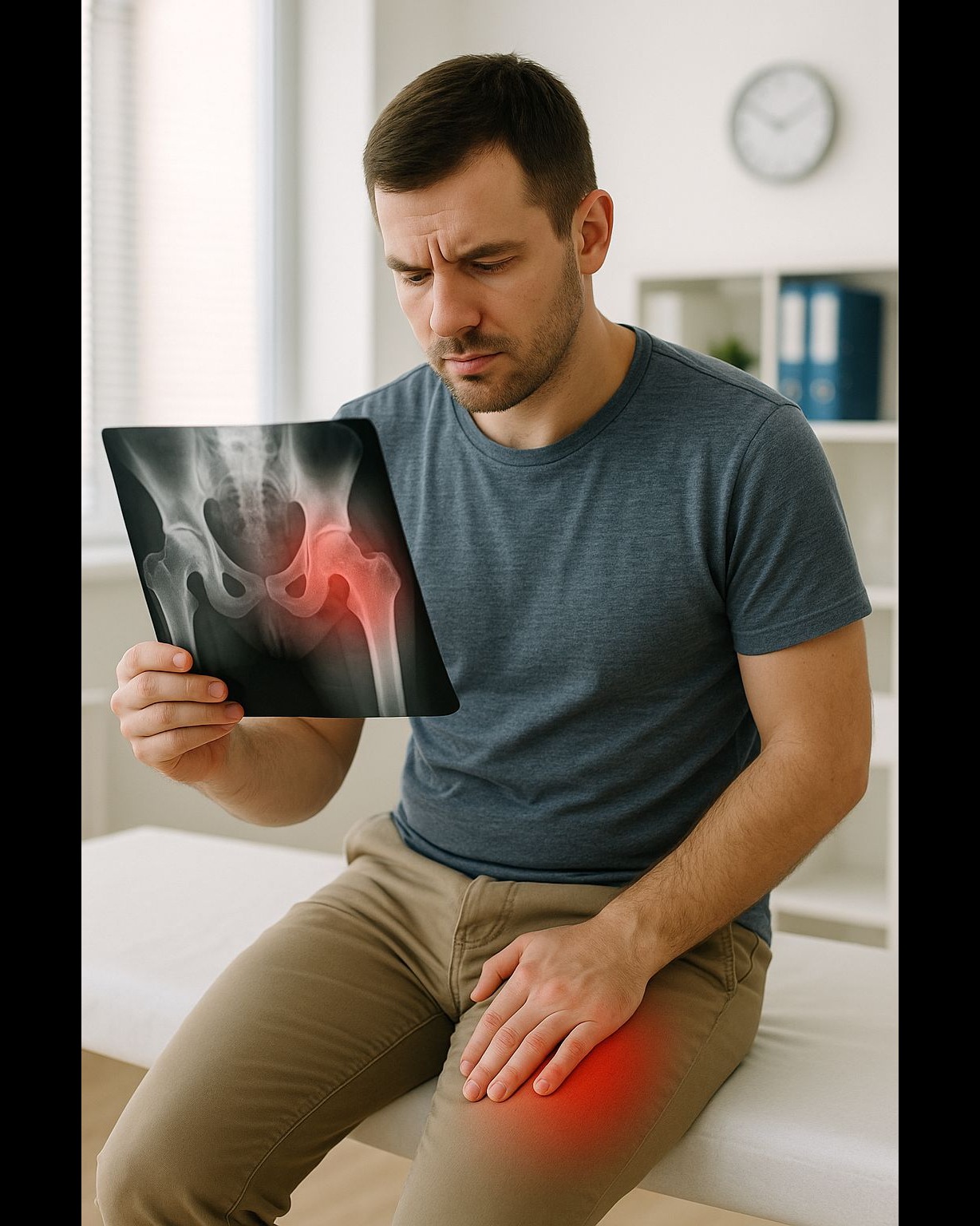



Avascular Necrosis (AVN) It is also known as osteonecrosis. It is a serious condition where bone tissue dies due to a lack of blood supply. It can lead to pain, joint collapse, and permanent disability if not treated in time. But with early diagnosis and the right physiotherapy care, recovery is possible. AVN occurs when blood flow to a bone is disrupted, causing bone cells to die. Over time, the bone becomes weak and may collapse. It most commonly affects the hip joint (femoral head), but can also occur in the shoulder, knee, or ankle. Common Symptoms: • Pain in the hip, groin, or thigh • Stiffness or reduced range of motion • Limping or difficulty walking • Pain increases with activity and improves with rest • Symptoms may start mild and get worse over time Causes of AVN: • Trauma or fractures (especially hip injury) • Steroid use (long-term or high-dose) • Alcohol abuse • Medical conditions like lupus, sickle cell disease • Idiopathic AVN – cause unknown in some cases At Physionautics, we don’t just offer treatment — we deliver evidence-based rehabilitation using the latest techniques, compassionate care, and personalized programs. Our goal is to help AVN patients: • Stay active without worsening the condition • Delay or avoid joint replacement surgery • Improve overall quality of life Our Approach to AVN Management: Stage-Based Rehabilitation • Early-stage AVN: Focus on pain relief, joint unloading, and preserving mobility • Mid-to-late stages: Joint protection, muscle strengthening, assistive device training Advanced Modalities • Laser therapy and ultrasound for bone healing support • TENS and IFT for pain relief • EMG Biofeedback for muscle re-education Non-Weight-Bearing & Assistive Training • Teaching safe walking patterns using crutches or walkers • Offloading the affected joint to reduce stress and prevent collapse Strengthening Programs • Targeting hip abductors, glutes, and core • Preventing muscle wasting and promoting stability Hydrotherapy • Low-impact exercises in water to reduce joint loading Patient Education • Guidance on lifestyle changes, activity limits, posture, and pain management
We hate spam too.